What was your emotional reaction as a filmmaker while telling this story?
Part of the impetus for me in making a project is that I’m already emotionally affected by something.


What was your emotional reaction as a filmmaker while telling this story?
Part of the impetus for me in making a project is that I’m already emotionally affected by something.
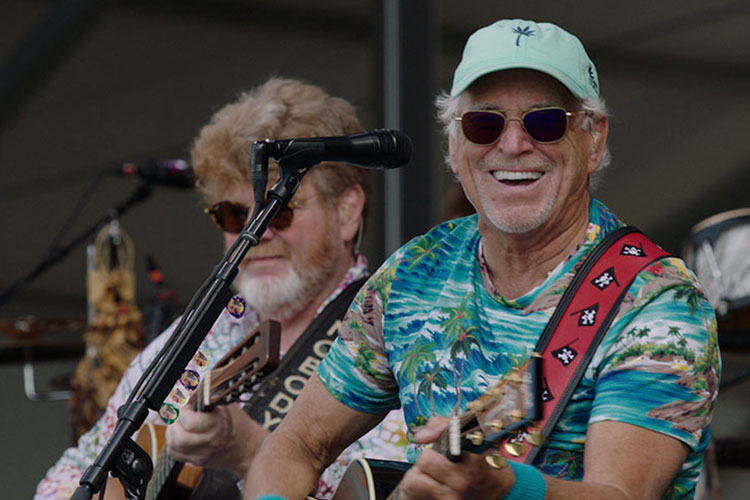
How did this film get underway, and how did you decide to co-direct it?
How did this film get underway, and how did you decide to co-direct it?
Frank Marshall: One of the things that happens — as you get older — is that your friends also become experienced, and rise in their careers.
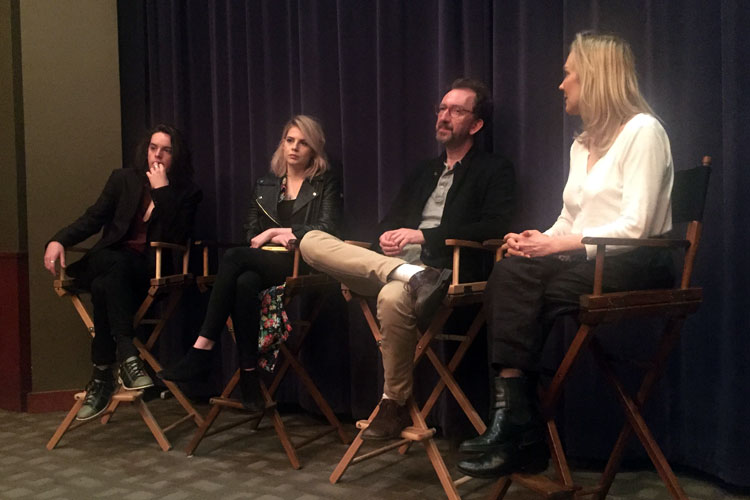
Can you share some of your songwriting process with us?
John Carney: Well, I would say first and foremost, I am a hobbyist when it comes to songwriting. I’m an amateur. I do it because it’s fun.
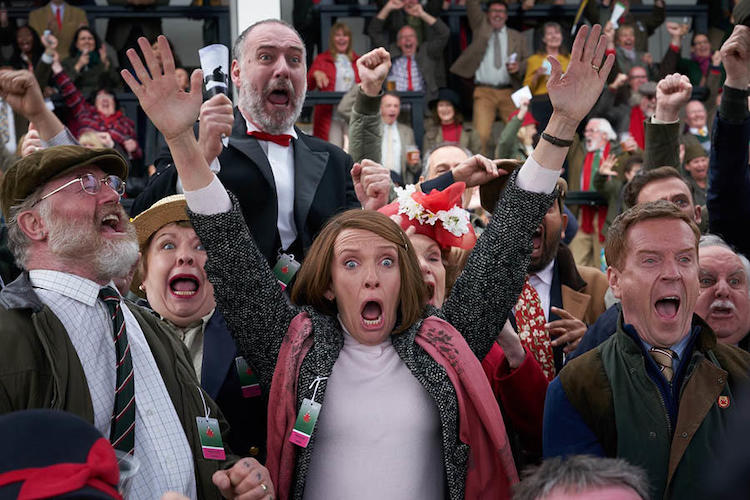
What were some of the bigger challenges you faced in making this film?
Euros Lyn: One of the things we worked very hard on, as a team, was to collaborate so that every department worked together very closely.
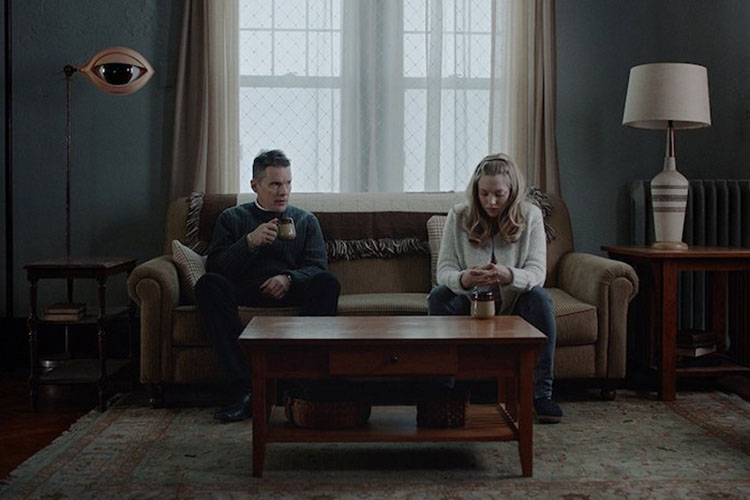
What was the genesis of this film?
Paul Schrader: The process began about three years ago when I was giving an award for Pawel Pawlikowski, for his film Ida at the New York Society of Film Critics.
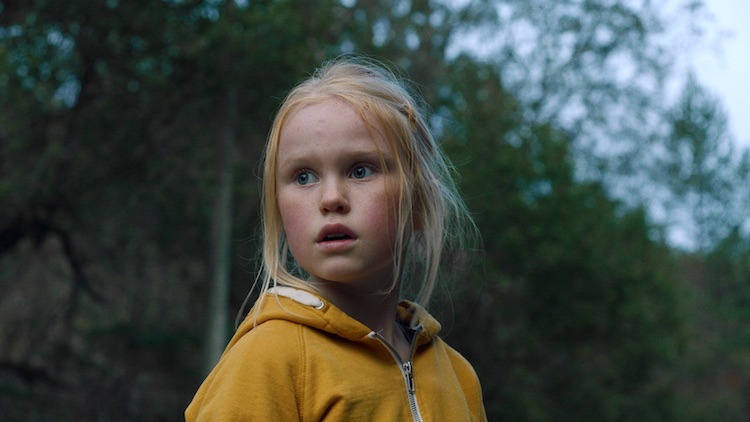
This is a very adult film about children and childhood. What were your inspirations for the story?
Eskil Vogt: I think I never would have made this movie if I hadn’t become a parent.
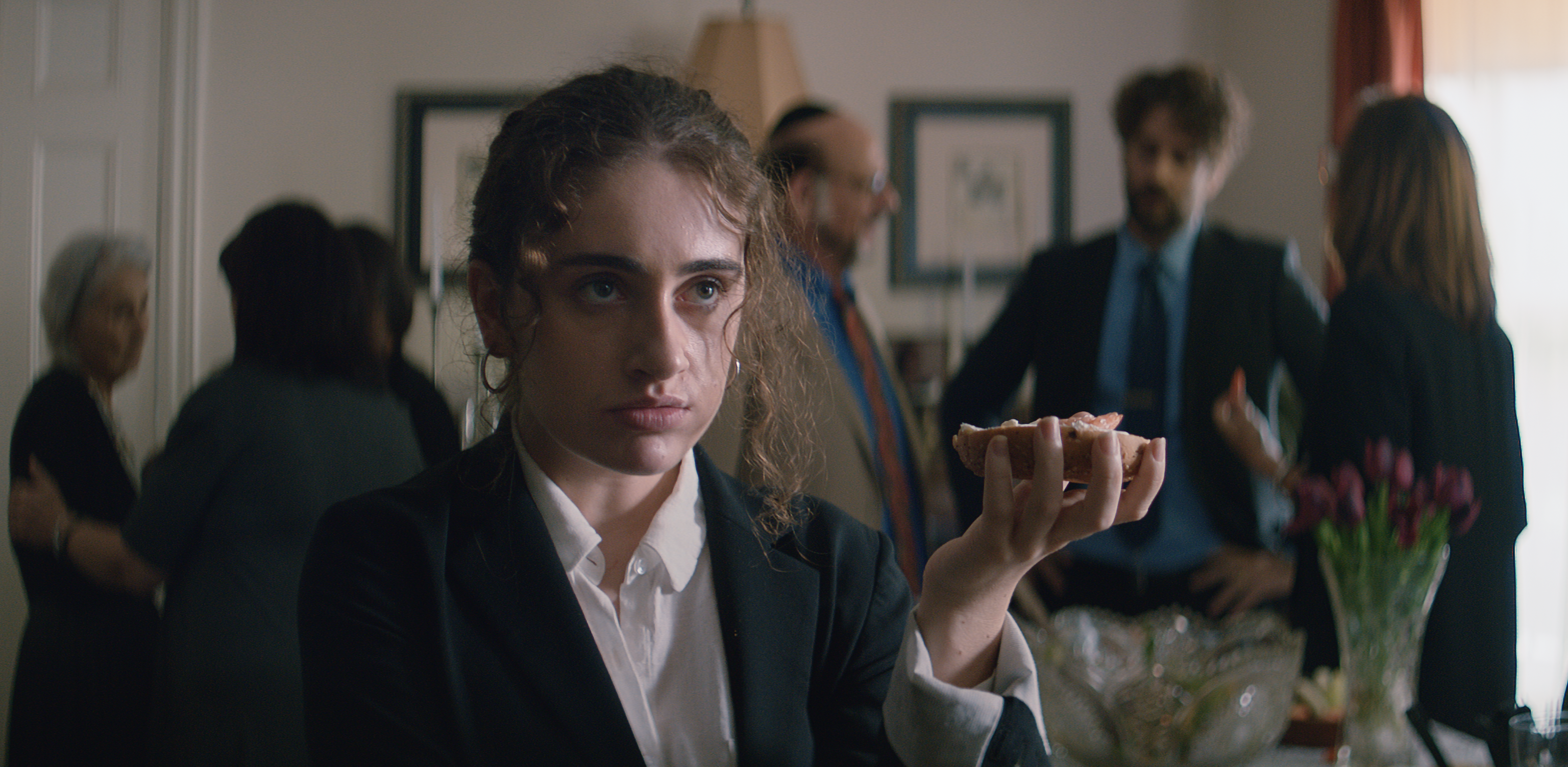
Emma, what was your inspiration for the film?
I feel like a lot of film students heading into their senior year want to go out with a bang, like a huge dystopian sci-fi film or a period piece, and I was one of those kids.

How did the idea for script originate?
Emerald Fennell: I had a few friends over for dinner and something uncomfortable had happened to one of the girls at the table on the tube on her way over.
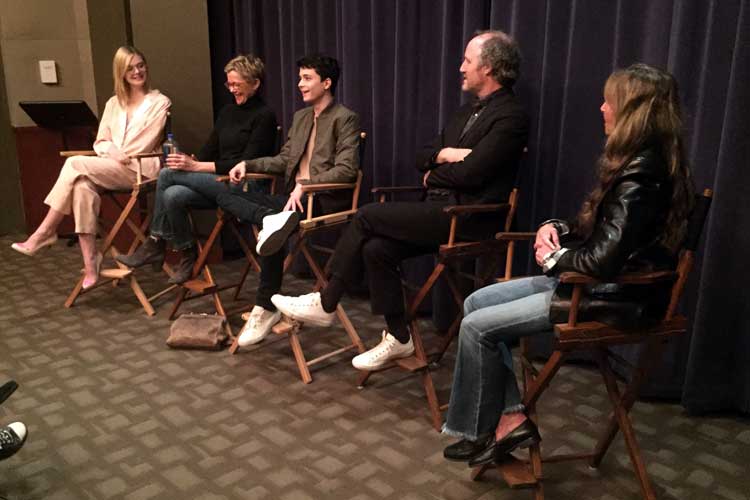
The opening shot of the ocean felt very lyrical. What made you decide to open your film with this particular shot?
Mike Mills: In the script, the first shot is of a car burning and of course that seems like such a good way to begin a movie.
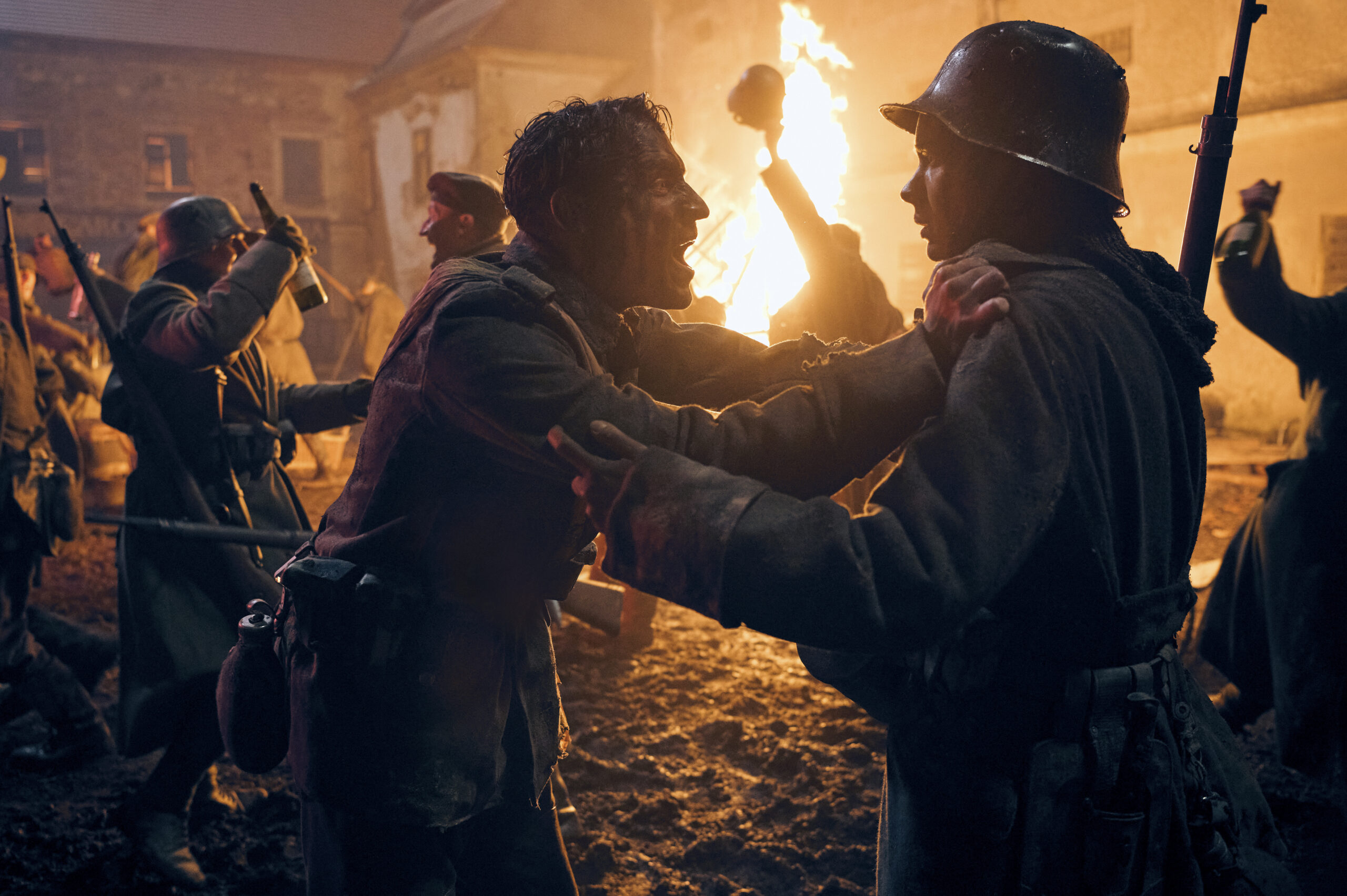
Your DP said that his collaboration with you is one of the most unique he’s had with a director.
Edward Berger: We’re both obsessed with precision and architecture in the film. It’s not haphazard and we don’t try to find the shot on set. It gives me true pleasure to set up a shot and in that shot, have every department create the illusion that this is reality.
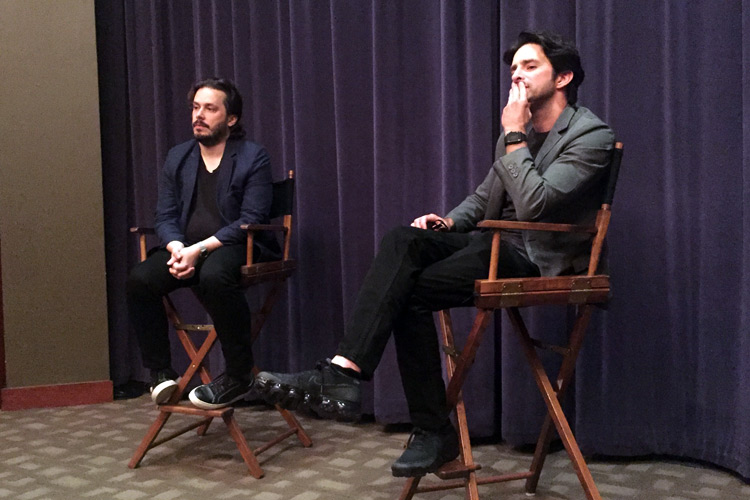
How did you translate the stage direction into the performance?
Edgar Wright: When I gave the script to the actors, they had all of the music as well, so they could read the script with the right music playing.
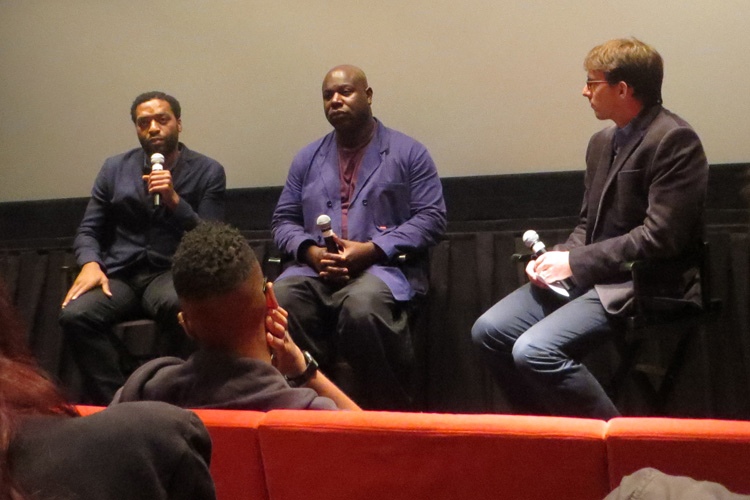
Your character experiences some of the darkest things a person can experience. During your preparation and filming, was there anything in particular that helped you connect with him?
Ejiofor: I think I wanted to find out about who he was. I thought there was something about him that was too remarkable.
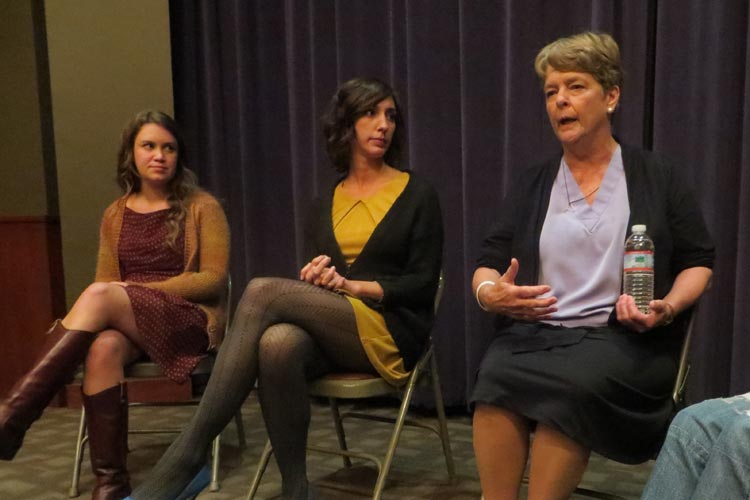
What was your initial response when you were approached to appear in this documentary?
Dr. Robinson: I said absolutely not. We were not interested in doing any movies or press of any sort. It’s not about us; it’s about the patients.
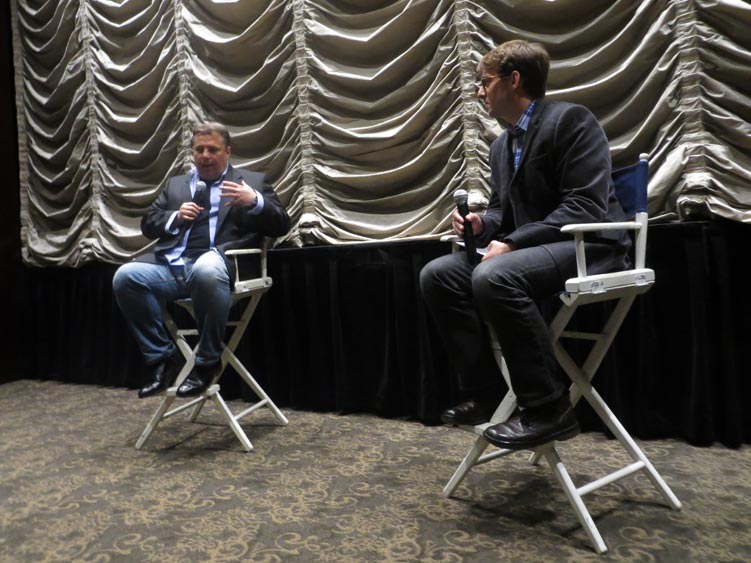
Let’s start by talking about the unique backstory to making this film.
Salerno: I grew up in a house where Salinger was a church. My mom was a huge fan and turned me onto his work, but like everyone, I had no idea about the man, I just knew the work. I started researching this project and found out that J.D. Salinger landed on D-Day, that Salinger participated in these horrible battles, that he lost the love of his life, Oona O’Neill, to Charlie Chaplin.
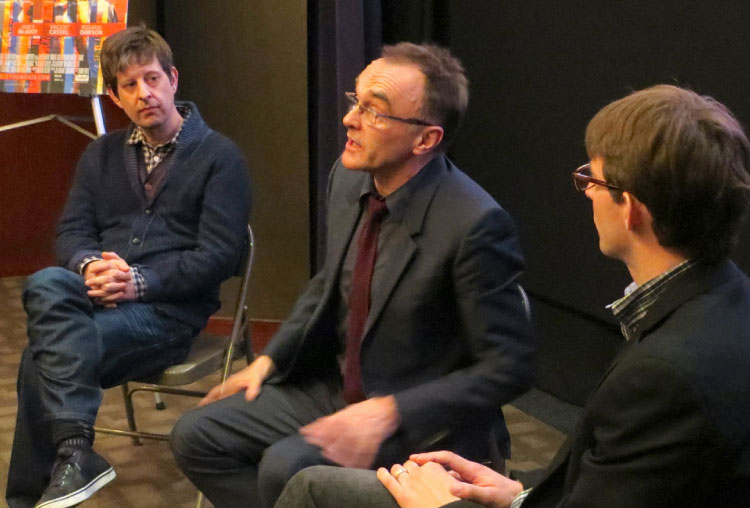
Director Danny Boyle established himself as one of the most versatile filmmakers in the world long ago, finding critical and commercial success with thematically disparate stories such as Trainspotting, 28 Days Later, and Slumdog Millionaire.